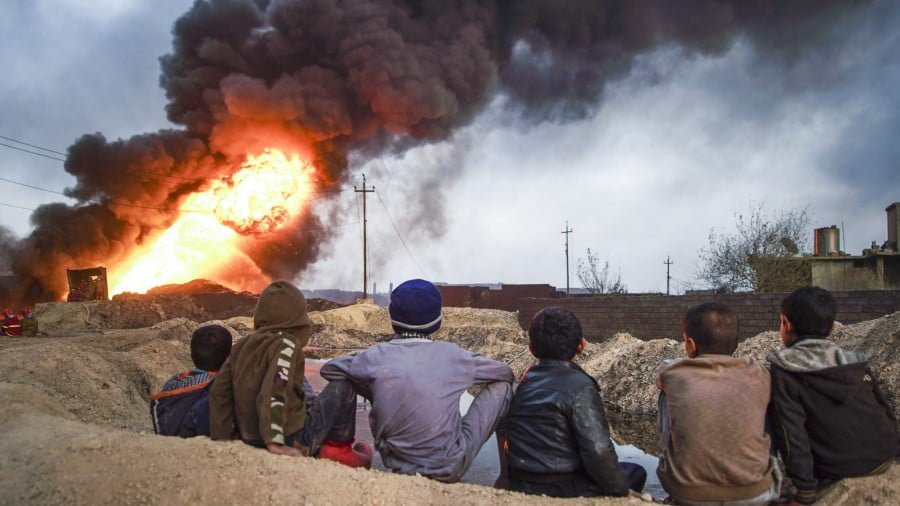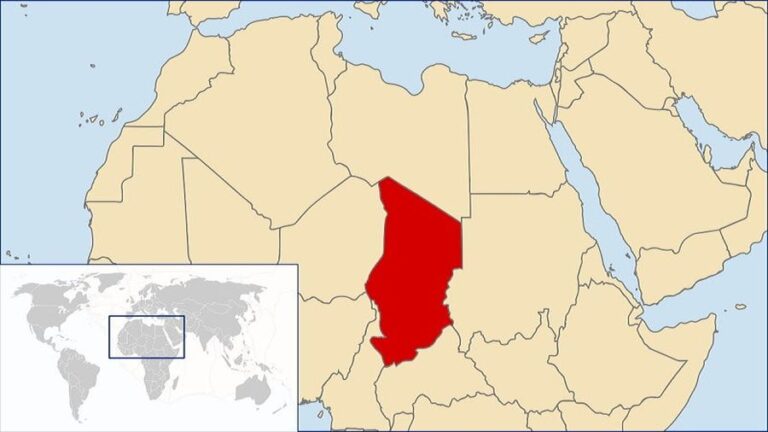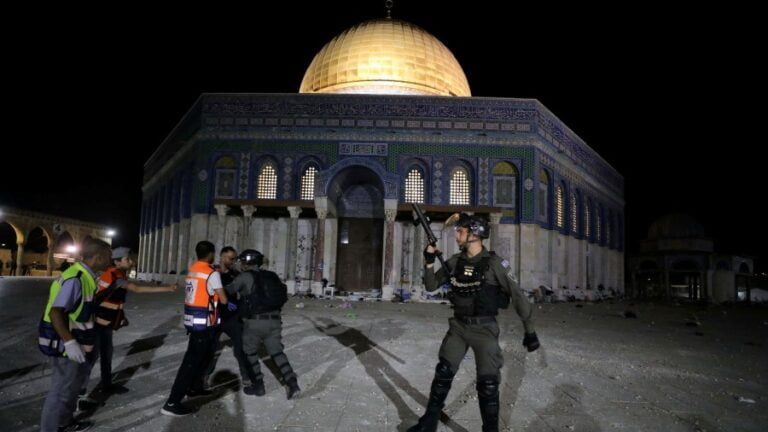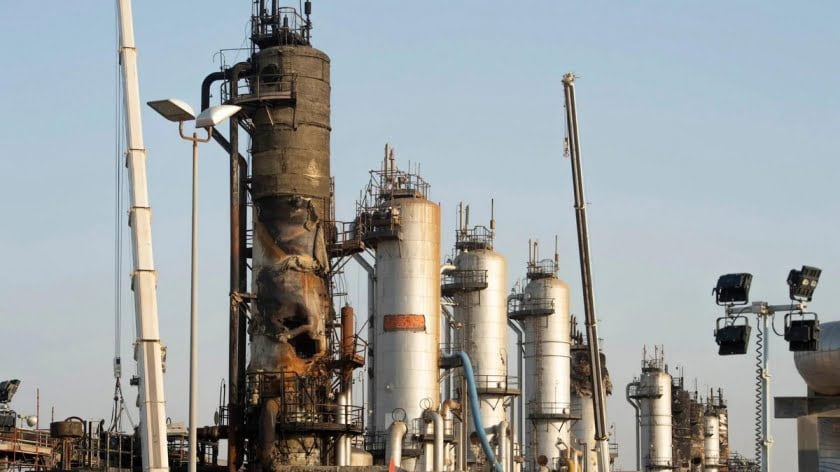Iraq on Fire: From Kirkuk to Basra
Reports from the northern Iraqi city of Kirkuk indicate that Daesh terrorists have blown up a major oil pipeline which continues to smoulder as of 14.00 Baghdad time. The battle to restore government rule in Kirkuk after a lengthy Daesh occupation was among the most harrowing battles of Iraq’s long war against Daesh and later against ethno-nationalist separatist groups. But while Daesh has been largely defeated as a military organisation let alone the pseudo-state it aspired to be, small pockets of Daesh terrorists continue to operate throughout Iraq although mostly in northern areas surrounding Mosul, Kirkuk and Tikrit.
It goes without saying that Daesh struck the pipeline at a time when the terrorists were well placed to take advantage of the chaos and violence in southern Iraq, particularly in Iraq’s second city of Basra. The streets of Basra have thus far been the battle ground in a three way power struggle between the Saudi backed Shi’a cleric Muqtada al-Sadr, the pro-Iranian Popular Mobilisation Unit (PMU) leader and aspiring Prime Minister Hadi Al-Amiri, with both sides now calling for the resignation of the moderate serving Prime Minister Haider al-Abadi.
Among other things, the chaos in Basra has dispelled the myth that Iraq’s majority Shi’a Muslim population are a political or even geopolitical monolith. Sadrist factions have been taking to the streets of Basra where they torched the Iranian consulate and later torched a hospital that treated wounded PMU fighters – the volunteer brigades set up with Iranian assistance to fight Daesh terrorism. While Sadr’s party denies responsibility for the torching of the Iranian consulate, the fact that Iranian sites and offices belonging to all non-Sadr allied parties have come under attack while Sadrist institutions have not, is seen by many in Basra and beyond as a self-evident indication that Sadr has helped to stage the ongoing provocations.
Sadr remains unique among most political Shi’a in so far as he has open doctrinal disagreements with the leadership of Iran’s Islamic Revolution while he has also opposed Iran’s warming relations with Iraq that have transpired in the aftermath of the demise of Saddam Hussein. Likewise, Sadr has called on Syrian President Bashar al-Assad to step down from power, something no other major Arab Shi’a figure has done. This combined with his open partnership with Saudi Arabia has made it so that the Shi’a population of southern Iraq is now politically divided between the fluent Persian speaking Amiri and the pro-Saudi (and by extrapolation newly pro-American) al-Sadr.
Amid all of this, the moderate government of Haider al-Abadi which has aimed at balancing a partnership with both the US and Iran has come under fire from all sides. But while, Abadi, Sadr and Amiri are all Shi’a Muslims, the Daesh terror group whose presence tended to unite the Shi’a majority of Iraq against the Takfiri terror group has decided to come out of the woodwork and today delivered a substantial blow to the sluggish recovery of Iraq’s once prosperous and stable oil industry.
Meanwhile in the country’s north-east, Iranian missiles neutralised a meeting of the Kurdistan Democratic Party, a secessionist group banned in Iran whose members call for the violent conquest of north-western Iranian regions. The strike was condemned by the Autonomous Kurdish government in northern Iraq thus further highlighting tensions in all areas of the country that cut across multiple domestic, sectarian and geopolitical lines.
The risk of Iraq totally fracturing beyond repair is therefore a very real possibility, not least because Iran and Saudi Arabia are effectively playing a tug-of-war with the nation. There exists an attitude among many Iraqis – both those in country and expats who hope against hope that the worst days are over and that the military defeat of Daesh might signal Iraq’s return to being the normal and prosperous nation it once was. Likewise, while the US media is quick to highlight negative events in Syria with the subtext helping to fill out the wider anti-Russian narrative, when it comes to Iraq, the nation that the US destroyed in 2003, few want to turn the world’s attention to Iraq’s rapid descent back into chaos now that the afterglow of a pan-national celebration of Daesh’s military defeat has clearly worn off in the aftermath of May’s contentious general election.
A combination of a three-way struggle for the heart of the country’s Shi’a majority which itself is now an open front in the Saudi-Iranian rivalry that has clearly pivoted from Syrian soil back to Iraq soil and the ability of remaining Daesh terrorists to exploit this political chaos to both harm civilians and Iraq’s only partly functional oil infrastructure means that expressions of false hope in respect of Iraq’s recovery from decades of war and sanctions are not only premature but wholly irresponsible and utterly naive.
Rather than attempt to form a new coalition based on the electoral arithmetic of May’s disputed elections, what is necessary is for a national government of all sects and political ideologies to coalesce around an incredibly strong leader with clearly defined domestic goals and foreign policies. Whether such a leader exists in contemporary Iraq is a major question. Whether such a leader could unite the country even through force is an even bigger question mark.
The sad reality of modern Iraq is that all of the negatives of the Saddam era are back while the forgotten positives of that period including stability, comparative civic peace, geopolitical respect and comparative prosperity are now gone.







